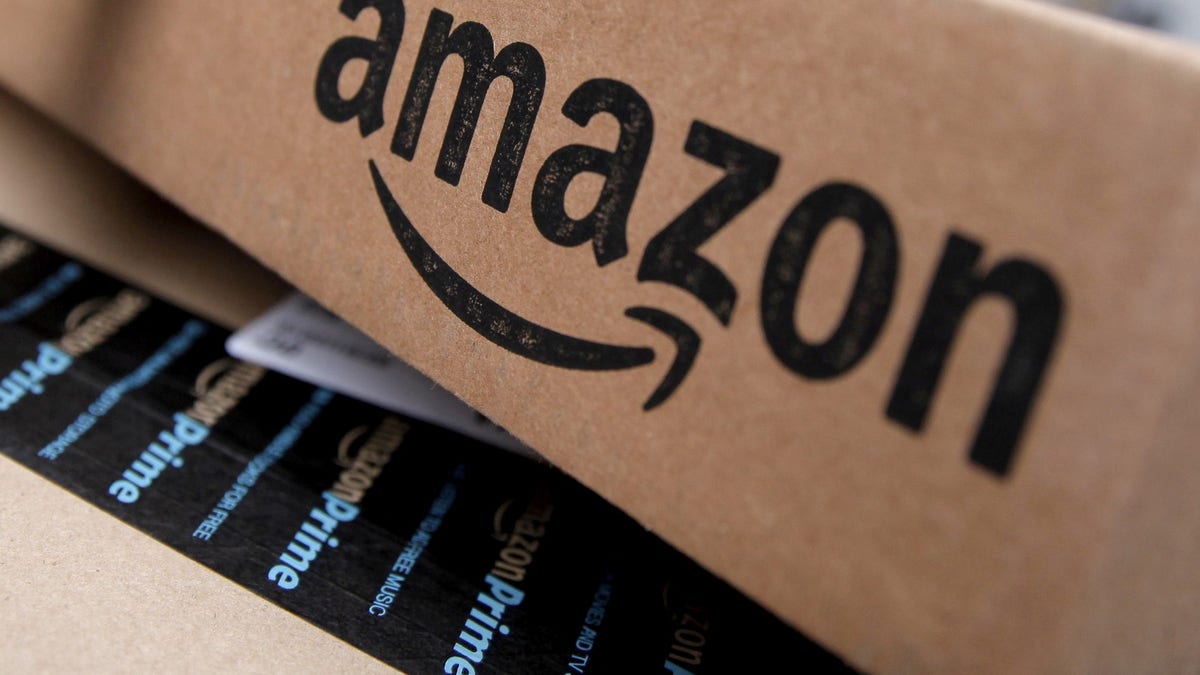
(Reuters)
After ruling last year that Apple owed a whopping 13 billion Euros to Ireland in back taxes, the European Union on Wednesday morning determined that Amazon received illegal tax benefits as well, this time in Luxembourg. The EU ordered Amazon to pay 250 Euros million to the country, stating that Amazon has received unfair and illegal tax benefits in Luxembourg for more than a decade. The sum isn't quite as massive as Apple's back tax bill, but Amazon becomes the latest large US company to be dinged for dodgy tax practices abroad.
"Luxembourg gave illegal tax benefits to Amazon. As a result, almost three-quarters of Amazon's profits were not taxed," EU antitrust head Margrethe Vestager said in a statement. "In other words, Amazon was allowed to pay four times less tax than other local companies subject to the same national tax rules. This is illegal under EU State aid rules. Member States cannot give selective tax benefits to multinational groups that are not available to others."
Vestager is the chief of the EU's Commission for Competition, which aims to ensure a level playing field among businesses with operations in the European Union. Vestager took the reins in 2014 and has turned up the heat on US tech companies.
Amazon said in a statement that the company will consider filing an appeal to the ruling.
More From BGR
The Seattle, Washington-based company has a staff of roughly 1,500 people in Luxembourg, making it one of the small country's largest employers. According to a statement made by the Competition Commission alongside its order, Luxembourg permitted Amazon to funnel more than half of its profits each quarter to a holding company that was not taxed. The practice, though not uncommon in many regions, is clearly frowned upon by the Commission.
"We believe that Amazon did not receive any special treatment from Luxembourg and that we paid tax in full accordance with both Luxembourg and international tax law," Amazon said in a statement.
The Commission clearly disagrees. The following is an excerpt from its statement.
The European Commission for Competition's full release can be found here.
